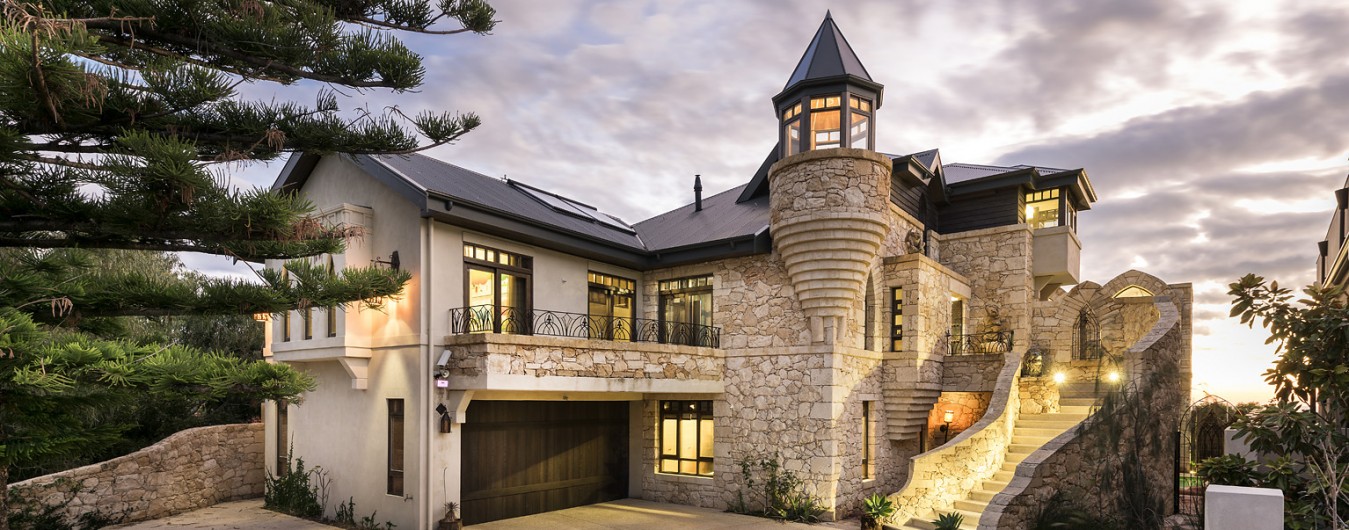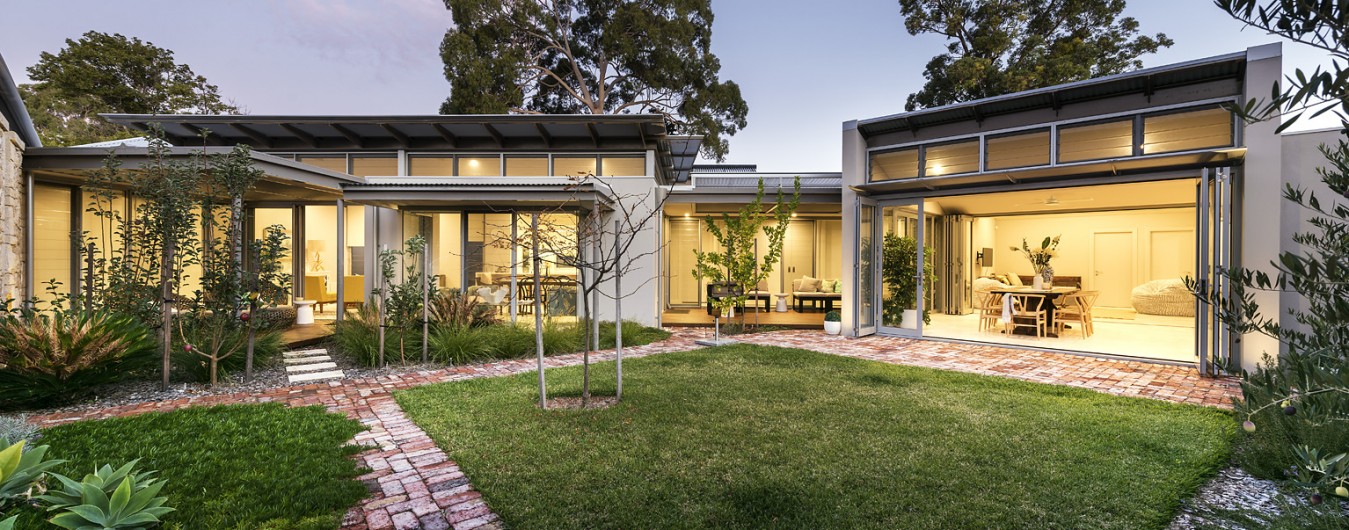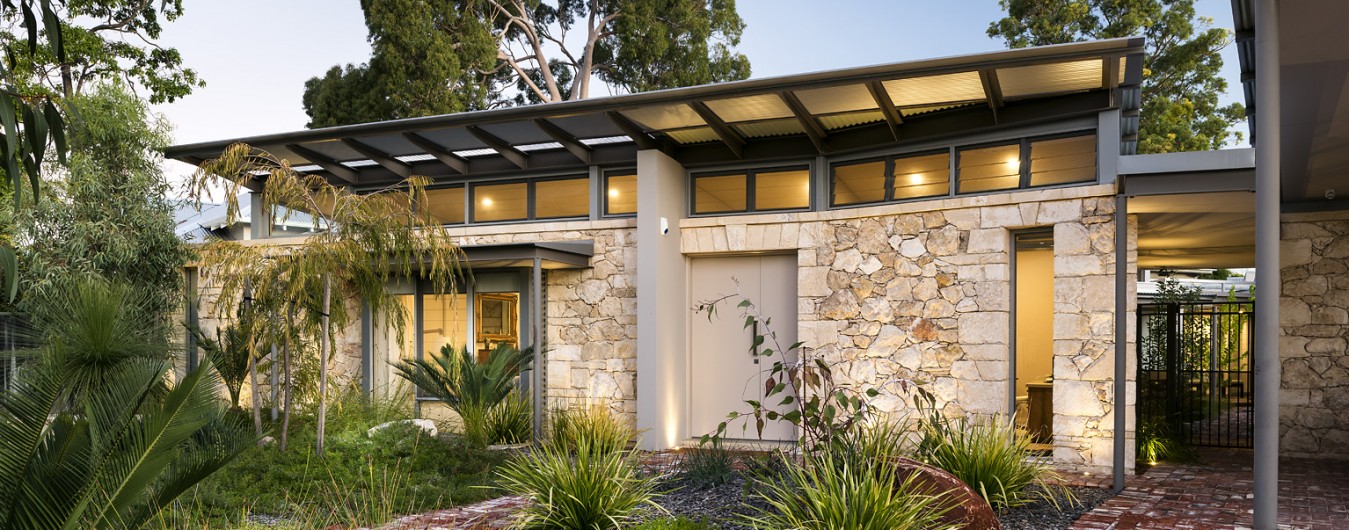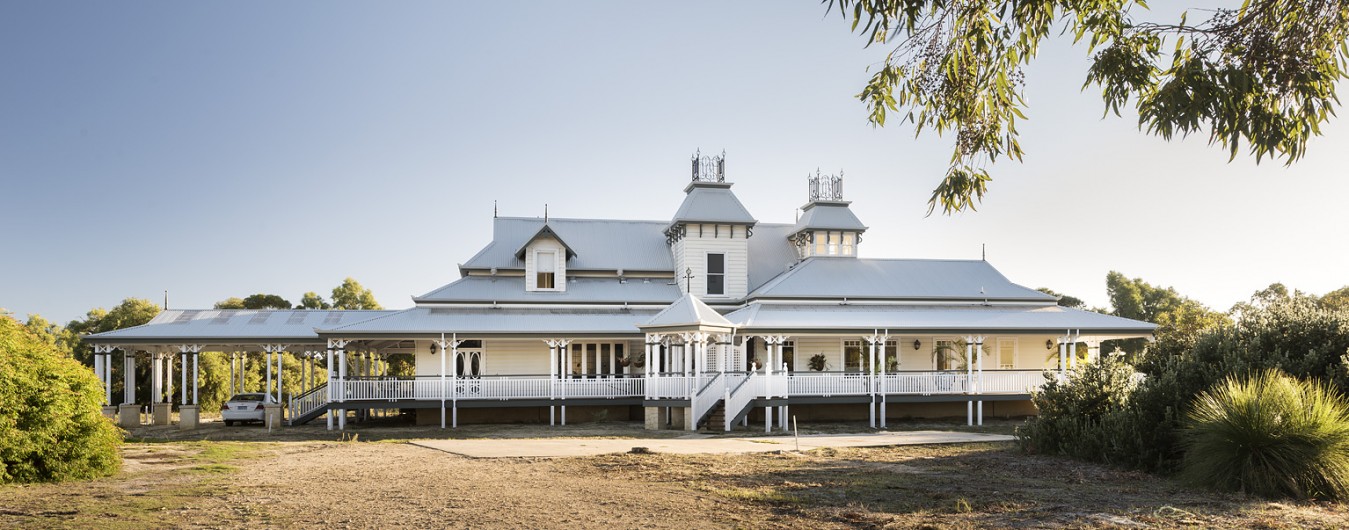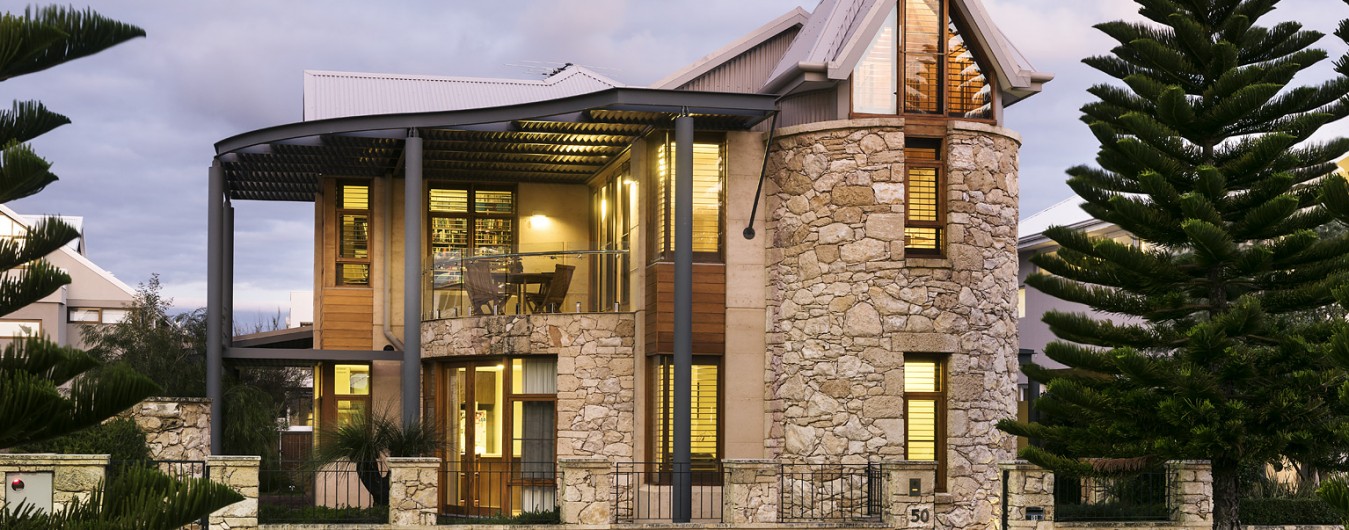Climate Change Needs an Image Change
“EARTH G. SPOT” :- Letter from George Papa, Berlin: In May 2010 Fren von Eart wrote a short fiction booklet on Climate Issues. It was (and still is) an experiment. He published it for free on the internet to see what might happen. At the same time he created a project related to the booklet, called ‘Earth G’. The idea behind the project was to get as many ideas as possible from individuals (not professionals like ourselves) as how to solve our environmental problems. Not a cent was spent on this project.
35,000 Hits on the Website but only 6 new ideas
To this day we have had over 35 000 hits on the German ERDG website . We didn’t do any advertising of any kind. Obviously people kept emailing the booklet to their friends and so on. The sad thing is, they only got 6 ideas how to solve our climate problems out of at least 35 000 readers. This means that only 0,017% of the readers thought seriously about it. This opened our eyes to the reality of: how interested is Joe Normal on environmental issues? A lot of people we talked to, liked the book and forwarded to others but that was it.
Politicians had no ideas to offer
They enjoyed it like they would enjoy a chocolate bar. The only ones who gave a comment were few politicians from the Green Party and they liked it too. But even they had no actual idea as how this problem could be solved.
We decided to phone other known politicians (all members of Parliament) and ask them. In the majority of cases it went like this:
Q: Mr.XXX (Member of Parliament), what do you think, how can we solve our current environmental issues?
A: I am not in charge of Environmental Issues. Please talk to my colleague, Mr YYY (Member of Parliament). He is in charge of the Environmental Issues.
Q: We would prefer your solution. Our project needs ideas from all normal people out there, not from specialists. Did you ever think about it?
A: About what?
Q: About how we can save our Planet?
A: Of course I did.
Q: And did you come up with a solution?
A: Of course I did.
Q: And that is?
A: Send an email to my Press Spokesman. He will answer your question.
Q: But Sir… We need your ideas not from your Spokesman.
A: What do you mean with my ideas?
Q: Well, for example: I think we could save the Planet if all people ride only bicycles and no cars…or if we all become vegetarians…if we live in smaller houses…if we only produce 100% recyclable products… these kind of ideas we need from you. Do you have one?
A: Sorry I have no time for this.
Q: Do you mean you have no time for saving our Planet?
A: This is stupid. Goodbye.
Follow Apple’s lead to market environmental issues
The first time I saw people queuing to buy the iPhone 4, I couldn’t believe my eyes. Steve Jobs knows how to sell image to consumers. Let’s face it: our society is more interested in knowing what underwear Paris Hilton is wearing today then who is polluting our planet. So maybe we should start thinking how to use Apple’s strategy to help nature. “Green is Cool” has been only mis(used) by politicians so far.
The solar house should be sold like the iPad and iPhone. People don’t care how much it costs or how good it is. Only image counts.
I believe we need a completely new strategy. Apple does not rely on politics to sell their iProducts. The same way we should start building an Image.
The man (or women) who saves the planet.
Smart Marketing not Crusades
Unfortunately the majority of people think of Greenpeace… if you want to save the Planet, you have to get beaten up by police, smashed by water cannons, dragged through the dirt. I respect all people who have gone through this, but it hasn’t helped much. We haven’t won the masses. We need to win the masses. Not through crusades but through smart marketing strategy copied from Redbull, Apple, McDonalds and the rest.
The future “Green Human” will not be a political being. For him it will be a matter of image to save his planet.
Let me know what you think.
Regards from Berlin.
George Papa



